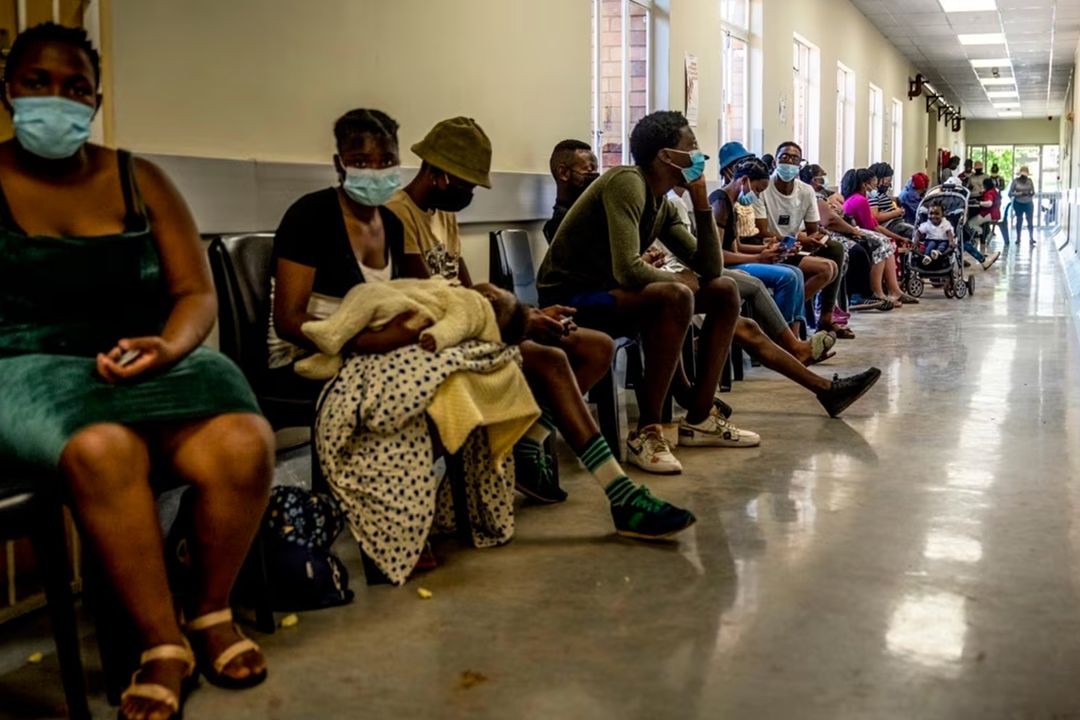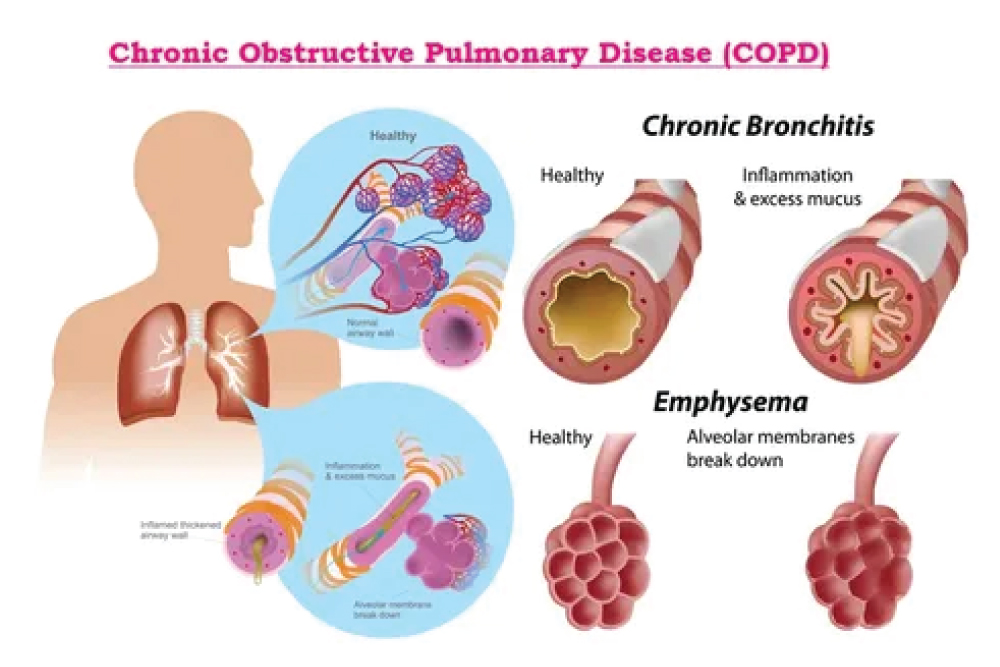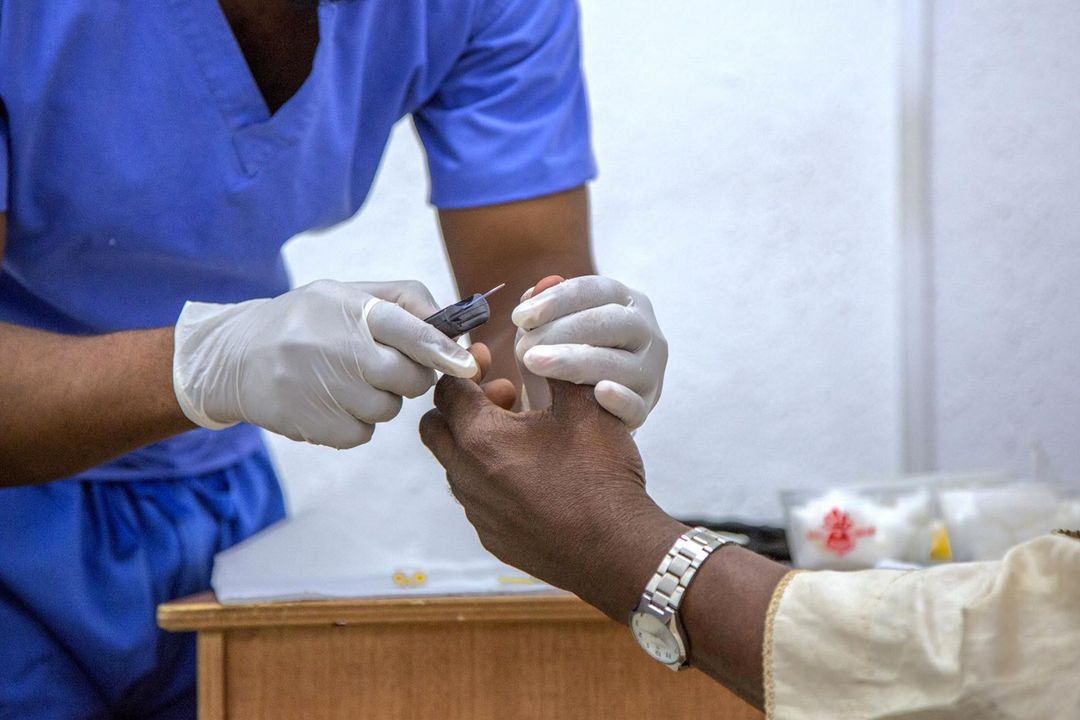Africa, often considered exotic and mystifying by the rest of the world, has long grappled with numerous health challenges. While infectious diseases such as malaria, HIV/AIDS, and tuberculosis have traditionally dominated the global health agenda in Africa, there is a growing concern that non-communicable diseases (NCDs) are being overlooked. This blog explores the potential link between Africa’s exotic perception and the lack of attention given to NCDs, and why it is imperative to shift the focus toward tackling this emerging crisis
Exotic Africa: A Double-Edged Sword
Africa’s diversity, vibrant cultures, and breathtaking landscapes have captivated the imagination of people worldwide. However, this perception of Africa as an exotic and distant land has inadvertently contributed to a skewed understanding of the continent’s health challenges. When it comes to Africa, many still associate it primarily with infectious diseases, overlooking the rapid rise of NCDs.
The Rising Burden of Non- Communicable Diseases
Africa is experiencing a dramatic increase in the prevalence of NCDs, including cardiovascular diseases, cancer, diabetes, and respiratory disorders. According to the World Health Organization (WHO), NCDs account for approximately 71% of all deaths in Africa, far surpassing the toll of infectious diseases. This silent epidemic is driven by various factors, including urbanization, lifestyle changes, and an aging population. Yet, the global health community often fails to address these pressing concerns, leaving Africans vulnerable to the devastating consequences of NCDs.





